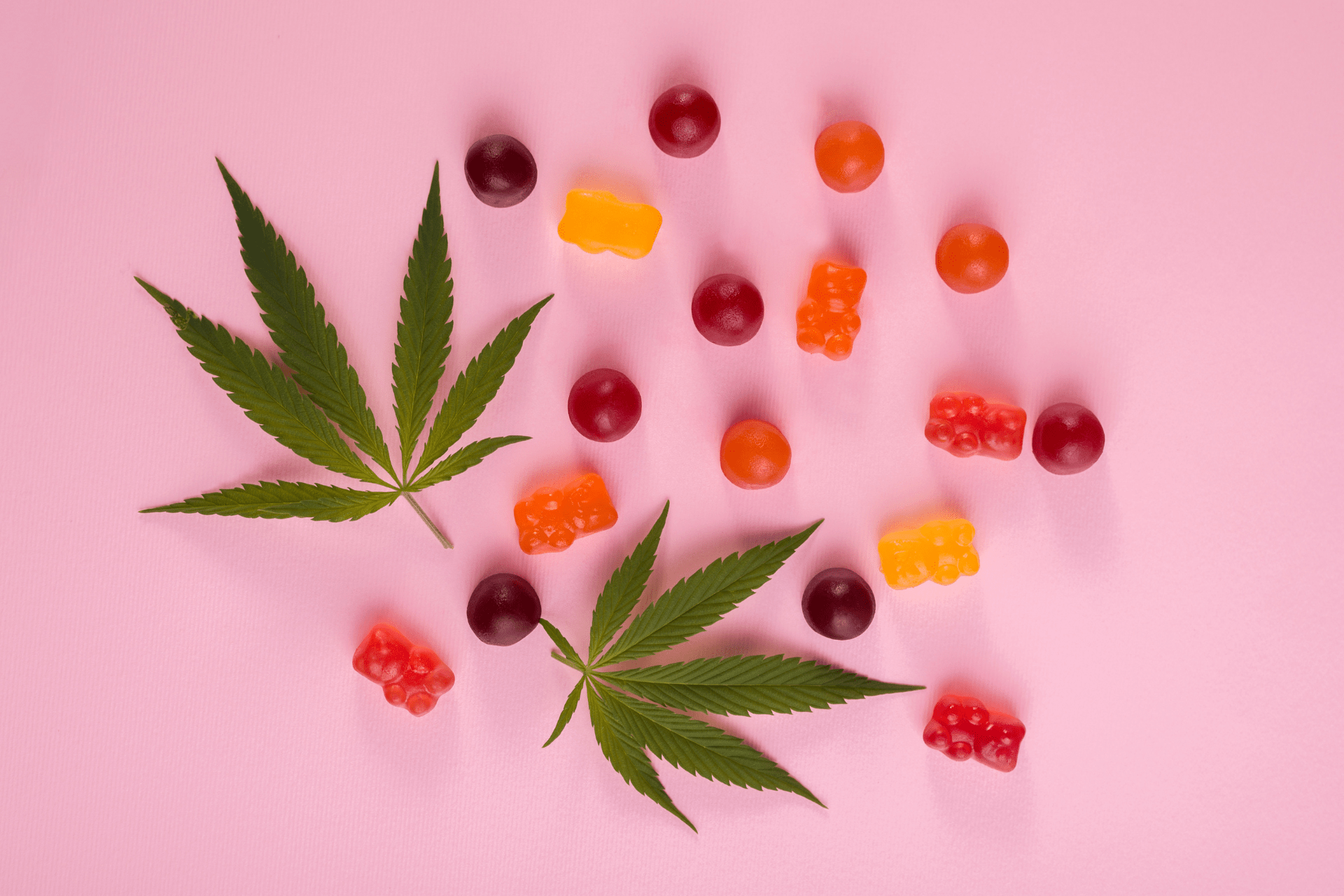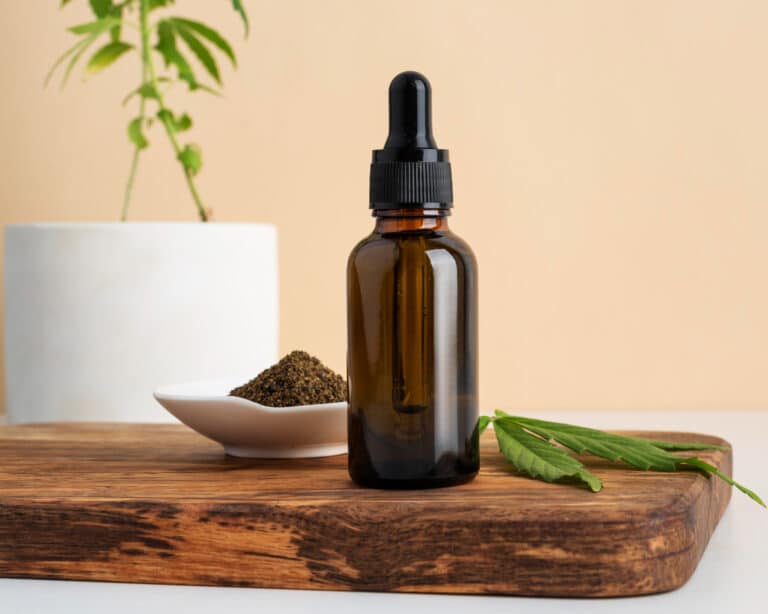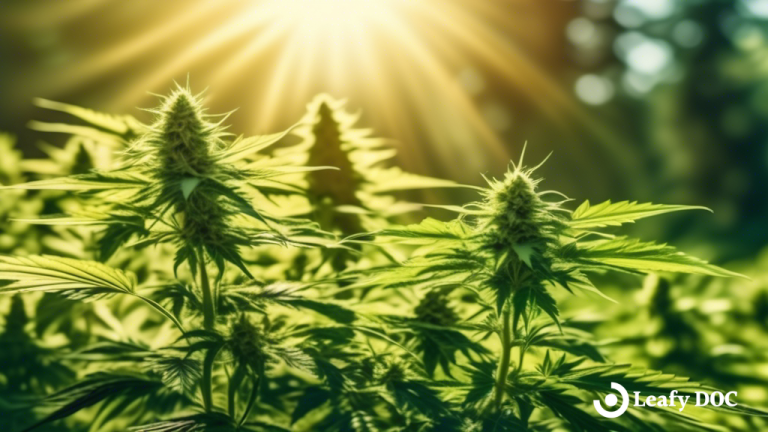Can I Buy Medical Marijuana Edibles in PA?
by Haley Mills · March 14, 2023
Explore the top edibles in PA’s medical marijuana market. Find the right products for you and learn about the different strains and flavors.

Pennsylvania legalized medical cannabis on April 17, 2016, when Governor Tom Wolf signed Senate Bill 3, also known as the Medical Marijuana Act, into law. The law went into effect on May 17, 2016. Under the law, patients with qualifying medical conditions can obtain medical marijuana with a prescription from a licensed physician. The Pennsylvania Department of Health oversees the program.
Pennsylvania medical cannabis patients currently have several options for treatment, including tinctures, pills, oils, topicals, and dry leaf for vaporization. However, there are plans to introduce a bill allowing patients to purchase medical cannabis edibles. Edibles are usually cannabis-infused foods like cookies, candies, gummies, and baked goods that provide a gradual release of cannabis. Twenty-five other states allow patients to buy edibles, and Laughlin believes Pennsylvania should join them.
Some medical conditions require gradual relief over an extended period, and consuming medical cannabis in edible form is one of the best ways to achieve this effect. However, current law prohibits growers and processors from THC distribution as food products, and dispensaries in Pennsylvania can’t sell these items. The new bill aims to change this and give Pennsylvania’s patients more options for treatment.
Everything You Need to Know About Edibles
Marijuana edibles are food items infused with marijuana extract or oil, typically containing THC (tetrahydrocannabinol), CBD (cannabidiol), or both. THC is the psychoactive component of marijuana responsible for the “high” feeling, while CBD is non-psychoactive and may have potential therapeutic benefits.
When consumed, edibles are metabolized by the liver, which converts the THC into a more potent form that can cross the blood-brain barrier and produce psychoactive effects. The onset of the effects can take anywhere from 30 minutes to 2 hours and last several hours, depending on the dosage and individual tolerance.
It is important to note that the effects of edibles can be more intense and longer lasting than other forms of consumption due to how the body processes the cannabinoids. It is also essential to be aware of the dosage and to start with a low dose, as it can be challenging to control the effects once the edibles are consumed.
In terms of dosage recommendations, it is recommended that beginners start with a low dose of 2.5-5mg of THC and wait at least two hours when consuming medical cannabis. Experienced users may prefer a higher amount but should still be cautious and aware of the potency of the edibles they consume.
Some types of marijuana edibles include:
- Baked goods (such as brownies, cookies, and cakes)
- Chocolates and candies
- Gummies and other chewable treats
- Beverages (such as teas and sodas)
- Tinctures and oils that can be added to food or drinks
- Capsules and pills
It is crucial to purchase edibles produced and sold from a reputable source and carefully read the labeling for dosage information and other details. It is also vital to keep edibles out of reach of children and pets, as they can be very potent and potentially dangerous if consumed in large quantities.
FAQs- PA & Marijuana Edibles
Are edibles legal for medical cardholders?
No, marijuana in edible form was not initially legalized for Pennsylvania medical marijuana consumption. PA dispensaries cannot currently sell edibles, but medical cannabis products can be mixed into food or drinks to facilitate ingestion by patients with qualifying medical conditions.
What are the qualifying conditions for a medical marijuana card in PA?
A medical marijuana patient with the following qualifying conditions can apply for the PA medical marijuana program and receive a valid medical marijuana card:
- Amyotrophic lateral sclerosis.
- Anxiety disorders.
- Autism.
- Cancer, including remission therapy.
- Chronic Pain.
- Crohn’s disease.
- Damage to the nervous tissue of the central nervous system (brain-spinal cord) with an objective neurological indication of intractable spasticity and other associated neuropathies.
- Dyskinetic and spastic movement disorders.
- Epilepsy.
- Glaucoma.
- HIV / AIDS.
- Huntington’s disease.
- Inflammatory bowel disease.
- Intractable seizures.
- Multiple sclerosis.
- Neurodegenerative diseases.
- Neuropathies.
- Opioid use disorder for which conventional therapeutic interventions are contraindicated or ineffective, or adjunctive therapy is indicated in combination with primary therapeutic interventions.
- Parkinson’s disease.
- Post-traumatic stress disorder.
- Severe chronic or intractable pain of neuropathic origin or severe chronic or intractable pain.
- Sickle cell anemia.
- Terminal illness.
- Tourette syndrome.
What do Pennsylvania dispensaries offer?
- Marijuana flower (to be vaped)
- Capsules
- Vaporizers
- Tinctures
- Oils
- Topicals
Can I make my own edibles at home?
Yes. Here are three popular ways to make medical cannabis edibles at home.
- Cannabutter
Ingredients:
- 1 cup (2 sticks) unsalted butter
- 1 cup ground cannabis (decarboxylated)
- 4 cups water
Instructions:
- Melt the butter in a saucepan on low heat.
- Add the ground cannabis to the butter and stir until fully combined.
- Add 4 cups of water to the saucepan and stir.
- Simmer the mixture on low heat for 3-4 hours, stirring occasionally.
- Once the mixture has been simmered, pour it through a cheesecloth or fine mesh strainer to remove any plant material.
- Let the mixture cool, and then store it in an airtight container in the fridge or freezer until ready to use.
Cannabutter can replace regular butter in many recipes, such as brownies, cookies, or cakes. Be sure to follow dosage guidelines when using cannabutter in recipes.
- Cannabis-Infused Cooking Oil
Ingredients:
- 1 cup cooking oil (such as olive or coconut oil)
- 1 cup ground cannabis (decarboxylated)
Instructions:
- Combine the oil and ground cannabis in a double boiler or slow cooker.
- Simmer the mixture on low heat for 6-8 hours, stirring occasionally.
- After 6-8 hours, strain the mixture through a cheesecloth or fine mesh strainer to remove any plant material.
- Store the oil in an airtight container in the fridge or freezer until ready to use.
Cannabis-infused cooking oil can be used instead of regular oil in many recipes, such as stir-fries or sautés. Be sure to follow dosage guidelines when using cannabis-infused oil in recipes.
- Cannabis-Infused Milk
Ingredients:
- 1 cup whole milk
- 1 gram of ground cannabis (decarboxylated)
- Sweetener (optional)
Instructions:
- Combine the milk and ground cannabis in a small saucepan.
- Simmer the mixture on low heat for 30-45 minutes, stirring occasionally.
- After 30-45 minutes, strain the mixture through a cheesecloth or fine mesh strainer to remove any plant material.
- Add sweetener to taste, if desired.
- Store the milk in an airtight container until ready to use.
Cannabis-infused milk can be used instead of regular milk in many recipes, such as hot chocolate or smoothies. Be sure to follow dosage guidelines when using cannabis-infused milk in recipes.
Note: Decarboxylation is heating cannabis to activate the THC and CBD compounds. To decarboxylate cannabis, preheat your oven to 240°F and bake the cannabis for 30-40 minutes, stirring occasionally.
Is smoking dried cannabis allowed in PA?
Many Pennsylvania dispensaries have started incorporating medical cannabis as a dry leaf. It can legally be sold, but it is illegal to smoke it. These types of products must be vaporized and should be kept in child-proof containers for safety and smell-proofing.
Can I grow weed at home as an MMJ patient?
No, currently, medical marijuana patients are not allowed to home-grow cannabis. However, state representative Dan Laughlin (R) has introduced a bill allowing PA residents to grow weed at home, which may happen this year or next.
Will PA medical marijuana edibles be available soon?
Possibly! Thanks to the introduction of the bill to legalize edible medical cannabis, Pennsylvania residents may soon be able to buy edible medical cannabis from a licensed dispensary with an MMJ card. It would join the other twenty-five states which allow edible marijuana products.
Last Updated: August 8, 2024
Get Approved for Your Medical Marijuana Card in Minutes!

Get Your Medical Card
Connect with a licensed physician online in minutes

Like This Article?
Share with your friends
Table of Contents
Keep Reading
-
Can you Overdose on CBD?
CBD is a popular natural remedy used for many common ailments. But can you overdose on CBD? Find out the risks and side effects of taking too much CBD.
-
Analyzing The Ongoing Debate On Cannabis Legalization
Discover the intense debate surrounding cannabis legalization and join the discussion. Dive into the arguments, form your own opinion, and explore this hot topic now!
-
4 Steps to Find Texas Medical Marijuanas Doctors Near Me
Find qualified Texas medical marijuanas doctors near you with ease and ensure proper care.



